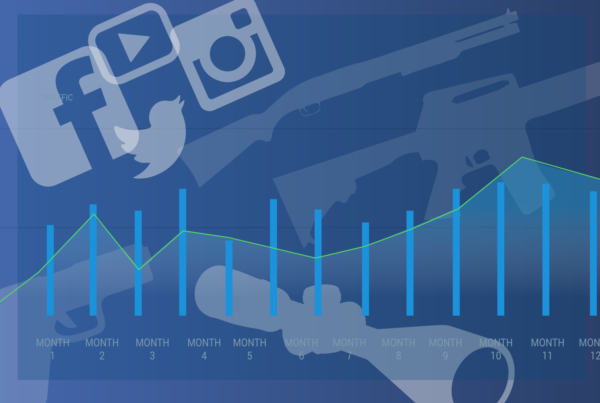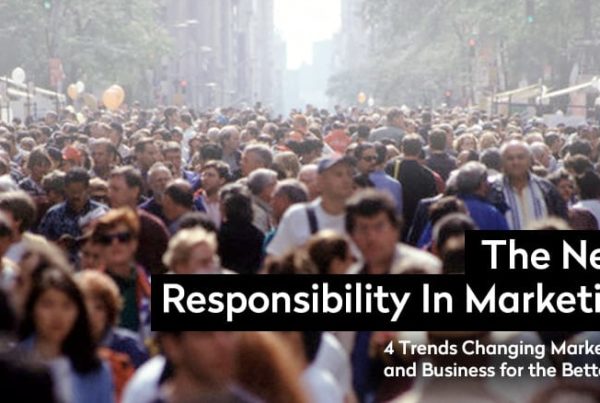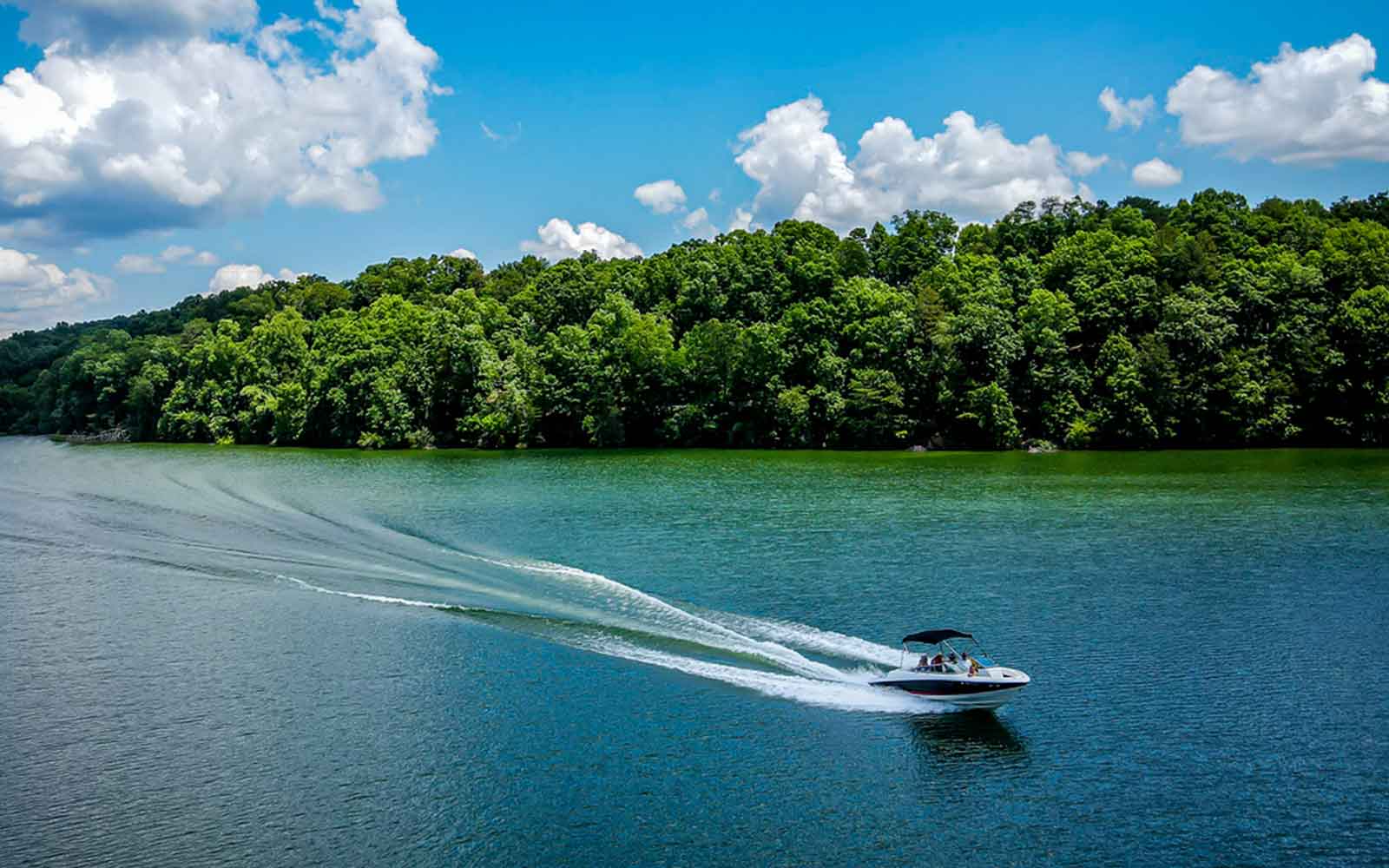
As we approach the mid-year mark with another SHOT Show and sales season on the horizon, it’s essential for outdoor, hunting, and shooting sports brands to revisit their marketing strategies and make necessary adjustments to stay ahead in the competitive market and finish the year strong.
During this time of year when sales are generally sluggish for most brands, this article presents seven valuable tips or reminders to enhance your marketing efforts. The aim is to optimize your strategies while your customers are enjoying their time on their boats, thereby achieving greater success and better preparedness to tackle the slow months in the future.
From leveraging influencers to embracing AI and refining messaging, these tips will give you some ideas on how to connect with your target audience, create engaging content, and build strong customer relationships.
Contents
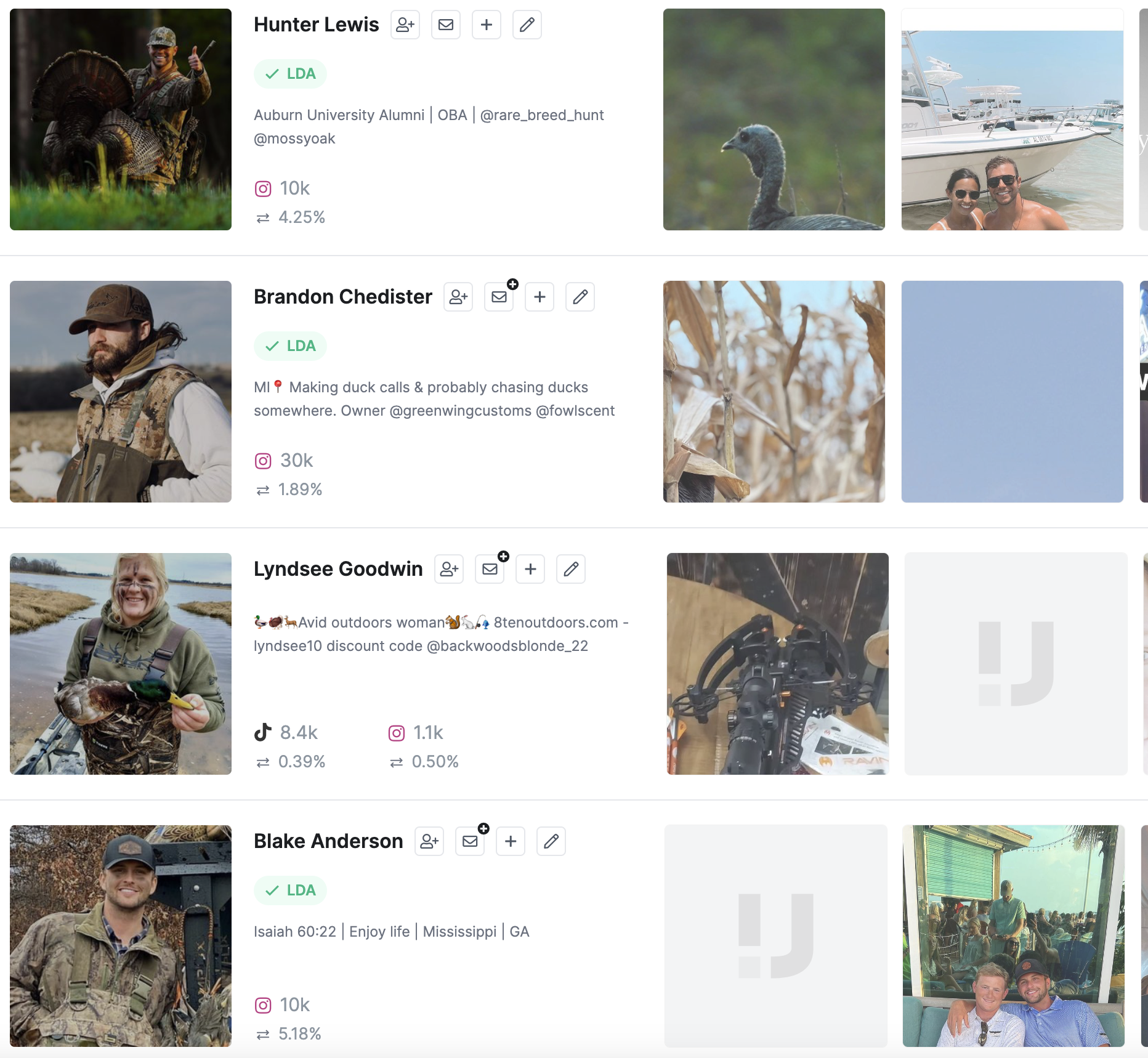 1. Target Micro and Macro Influencers Strategically
1. Target Micro and Macro Influencers Strategically
Influencer marketing continues to be a powerful tool for outdoor, hunting, and shooting sports brands to reach and build awareness of their brand. However, rather than focusing on high follower counts, engaging with micro-influencers with a smaller but highly engaged following is more effective. Aim to collaborate with influencers who genuinely align with your brand values and possess an authentic connection to the outdoor lifestyle. By targeting 25 or fewer influential individuals, you can ensure that your brand’s message and products resonate more strongly with the right audience.
- Micro-influencers generate up to 60% more engagement than macro influencers.
- 44% of marketers say that the biggest benefit of working with micro-influencers is that it is less expensive.
- 56% of marketers who invest in influencer marketing work with micro-influencers. (Source: HubSpot)
2. Embrace AI and Start Planning Now
Artificial Intelligence (AI) has become a game-changer in the marketing landscape, and outdoor brands should begin incorporating it into their strategies—like yesterday. Start by building a knowledge base to understand AI’s potential, such as predictive analytics, personalized recommendations, and automated customer interactions. Utilize AI-powered tools to analyze customer data, segment your audience, and enhance the overall customer experience. Use ChatGPT to rewrite some of those badly written product descriptions. By embracing AI early, you can gain a competitive edge and future-proof your marketing efforts. It won’t be long before AI can do all your marketing, and you’ll need a solid knowledge base to work and learn from.
- According to Salesforce, 23% of customer service companies are currently using AI
- IBM reports that using chatbots can reduce customer service costs by as much as 30%
- 68% of users enjoy the speed at which chatbots answer, according to UserLike
Take the AI Poll and we’ll share the results in our next blog.
TAKE AI MARKETING POLL
3. CRO (Conversion Rate Optimization)
With the introduction of Google Analytics 4, it has become simpler than ever to comprehend the points where your customers are leaving the sales process. This presents a great opportunity to focus on improving your conversion rates. When considering Conversion Rate Optimization (CRO), aim for small incremental improvements. Even a modest increase of 0.75% to 1% can result in substantial gains over the course of a year. Here are ten aspects to increasing CRO:
- Messaging
- Desktop speed optimization
- Mobile speed optimization
- Home page bounce rate optimization
- Menu A/B testing
- Funnel Understanding and Analytics
- Optimize Top 10 selling products: Write better descriptions and add better imagery
- Cart/Checkout optimization
- CTA A/B testing
- Upsell/Cross optimization emails
Do 2-3 changes per month, track, rinse and repeat over 3-6 months to improve.
4. Double Down on Email
While social media platforms and emerging technologies may dominate the marketing scene, email marketing STILL remains the top marketing channel in outdoor. Don’t underestimate the power of a well-crafted email campaign to nurture relationships with your existing customer base. Personalize your emails, offer exclusive promotions, and provide valuable content to keep your audience engaged and loyal. Create automation, especially a Welcome Series and Retargeting Emails. Remember to optimize your emails for mobile devices to cater to the growing number of users accessing their emails on smartphones and tablets.
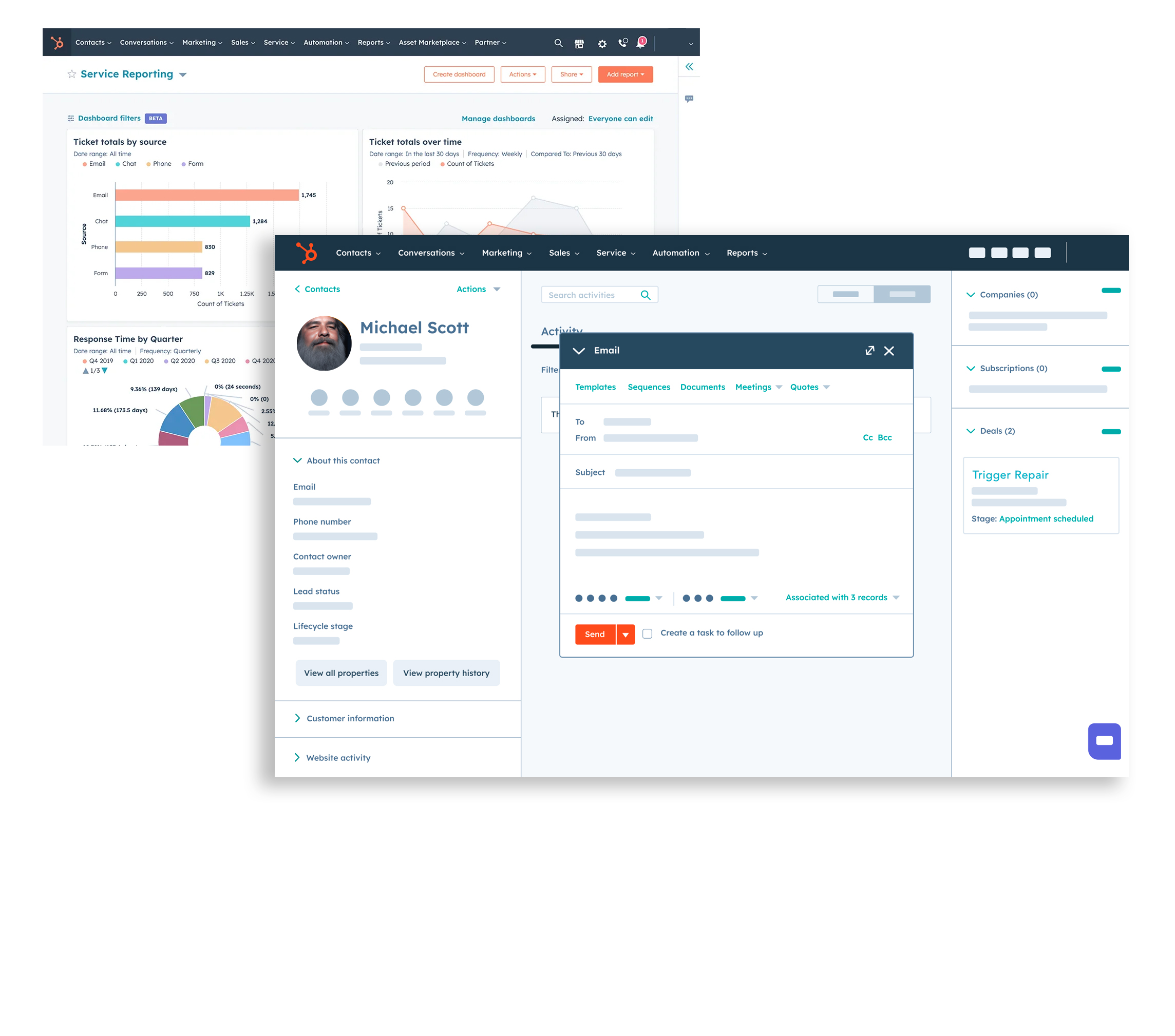 5. Prioritize Customer-Centric Approach with HubSpot CRM
5. Prioritize Customer-Centric Approach with HubSpot CRM
To succeed in today’s competitive market, outdoor brands must prioritize their customers. Top-of-funnel marketing is important, but don’t forget your current and past customers. So many brands overlook that they are sitting on top of interested customers who would still buy from you. Implementing a customer relationship management (CRM) system, such as the HubSpot Service Hub, can help put your customers at the center of your marketing efforts. HubSpot CRM enables you to track customer interactions, manage leads effectively, and deliver personalized experiences. Leverage the power of CRM to understand your customers through surveys better, tailor your messaging, and build long-term relationships based on trust and loyalty.
- CRM can boost conversion rates by 300%
- The ROI of a CRM software system, when properly implemented, can exceed 245%. (IBM)
- 91% of companies with more than 11 employees use a CRM system
- 22% of sales professionals are still unsure about what CRM is.
- 74% of companies say CRM technology gives better access to customer data
- 94% of customers look to make a purchase from the same source they have previously.
Source: Techco
6. Keep Creating Content That Helps Your Customers
Content marketing remains a cornerstone of any successful marketing strategy. To achieve organic traffic, you have to keep creating content. To have a strong email marketing program, you have to create helpful content that helps your customers achieve their goals. To have a robust social media campaign, you have to create, yes… content. Whether it’s blog posts, how-to guides, engaging videos or shorts, focus on providing relevant information, inspiring stories, and actionable tips. By positioning your brand as a reliable source of expertise, you can establish credibility, foster engagement, and drive more conversions.
- According to the Content Marketing Institute, 73% of B2B marketers and 70% of B2C marketers use content marketing as part of their overall marketing strategy.
- 91% of marketing pros surveyed by Semrush achieved success with their content marketing in 2021.
- Half of all marketers say they outsource some content marketing.
- The pandemic increased content usage by 207%.
7. Clarify Your Messaging
Effective communication is crucial for outdoor brands to resonate with their target audience. Take the time to clarify your brand messaging, ensuring that it aligns with the problem you solve and speaks directly to your customer’s aspirations or goals. Craft a compelling brand story that captures the essence of your outdoor brand and conveys the unique benefits you offer. Use consistent language across all your marketing channels to save marketing dollars and create a cohesive brand identity that evokes emotions, trust, and engagement that builds trust among your audience.
As outdoor brands navigate the mid-year point and head into sales season, refining their marketing strategies to maintain a competitive edge is essential. By following these seven tips, outdoor brands can leverage the power of influencers, embrace AI, optimize email marketing, prioritize customers with CRM, create helpful content, and clarify messaging.



